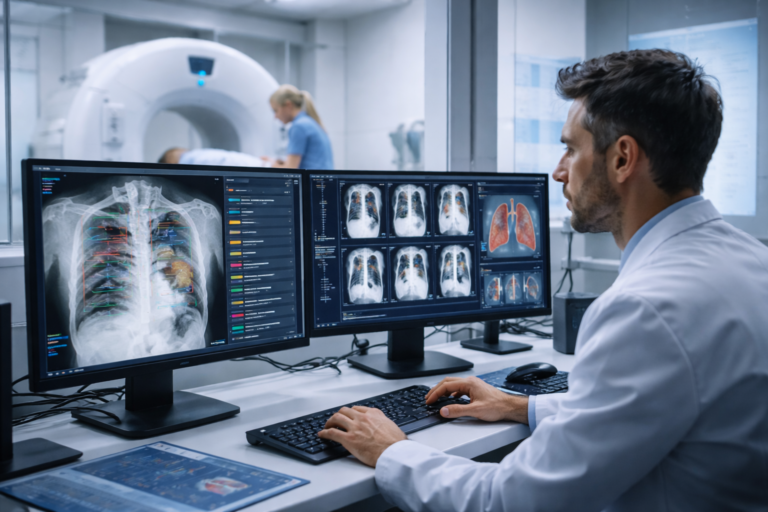
bit.bio, a leader in synthetic biology focused on coding human cells for innovative therapies, has successfully defended its foundational European patent for opti-ox. This groundbreaking technology allows for the deterministic forward programming of pluripotent stem cells (PSCs), including induced pluripotent stem cells (iPSCs).
bit.bio, a pioneering synthetic biology company, has successfully defended its foundational European patent for its opti-ox technology, which enables deterministic forward programming of pluripotent stem cells (PSCs). Following an anonymous opposition filed on January 5, 2023, the European Patent Office (EPO) upheld bit.bio’s patent (EP3545079) after a rigorous review, confirming its broad claims and affirming its novelty and inventive steps.
This ruling reinforces bit.bio’s position as a global leader in scalable iPSC-derived cell manufacturing and strengthens its intellectual property portfolio. The company has secured patents in four major markets, including the U.S., China, and South Korea, with pending applications in Australia and Japan, positioning it for innovation in iPSC-derived cells for research and therapeutic applications.
Mark Kotter, CEO of bit.bio, expressed that this successful patent defense is a significant milestone for the company. He highlighted their unique ability to conduct extensive screenings of over 2,300 transcription factors, aided by AI platforms that rapidly predict effective combinations, thus expanding their cell type portfolio and intellectual property.
opti-ox technology represents a paradigm shift in manufacturing human cells from pluripotent stem cells, establishing iPSC-derived therapies as a transformative modality in medicine, akin to the impact of CRISPR on genome editing. Utilizing a dual genomic safe harbor approach, opti-ox allows for precise control of gene expression, enabling the efficient conversion of iPSCs into specific human cell types at an industrial scale.
Thomas Südhof, Nobel Laureate and pioneer in transcription factor-mediated cell programming, noted that opti-ox could revolutionize research and cell therapies globally. He emphasized the importance of the dual genomic safe harbor approach for safe, consistent, and scalable programming of PSCs.
bit.bio’s technology is already providing scalable human cell models for diseases like Alzheimer’s and Parkinson’s, with its ioCells™ recognized for their functionality and consistency. The global market for iPSC-derived biomedical research tools is currently valued at approximately $1.3 billion, with bit.bio projecting that its addressable market could exceed $10 billion, tapping into significant sectors like primary cells, high-throughput screening, and in vitro toxicology.
Hermann Hauser, Chairman of the Board of bit.bio, remarked that the company’s protective IP opens up transformative business opportunities. He noted the growing market for iPSC-derived therapeutics, which is expected to surpass that of biologics, heralding unprecedented opportunities for growth in personalized medicine and drug discovery.
About bit.bio
Founded in 2016 as a spinout from the University of Cambridge, bit.bio is democratizing access to human cells to advance biomedical research and enable transformative treatments. Its opti-ox technology, underpinned by Nobel Prize-winning science, allows for the rapid and consistent conversion of iPSCs into any desired human cell type. The company has raised around $200 million from leading investors, including Arch Venture, Blueyard Capital, and Tencent.




